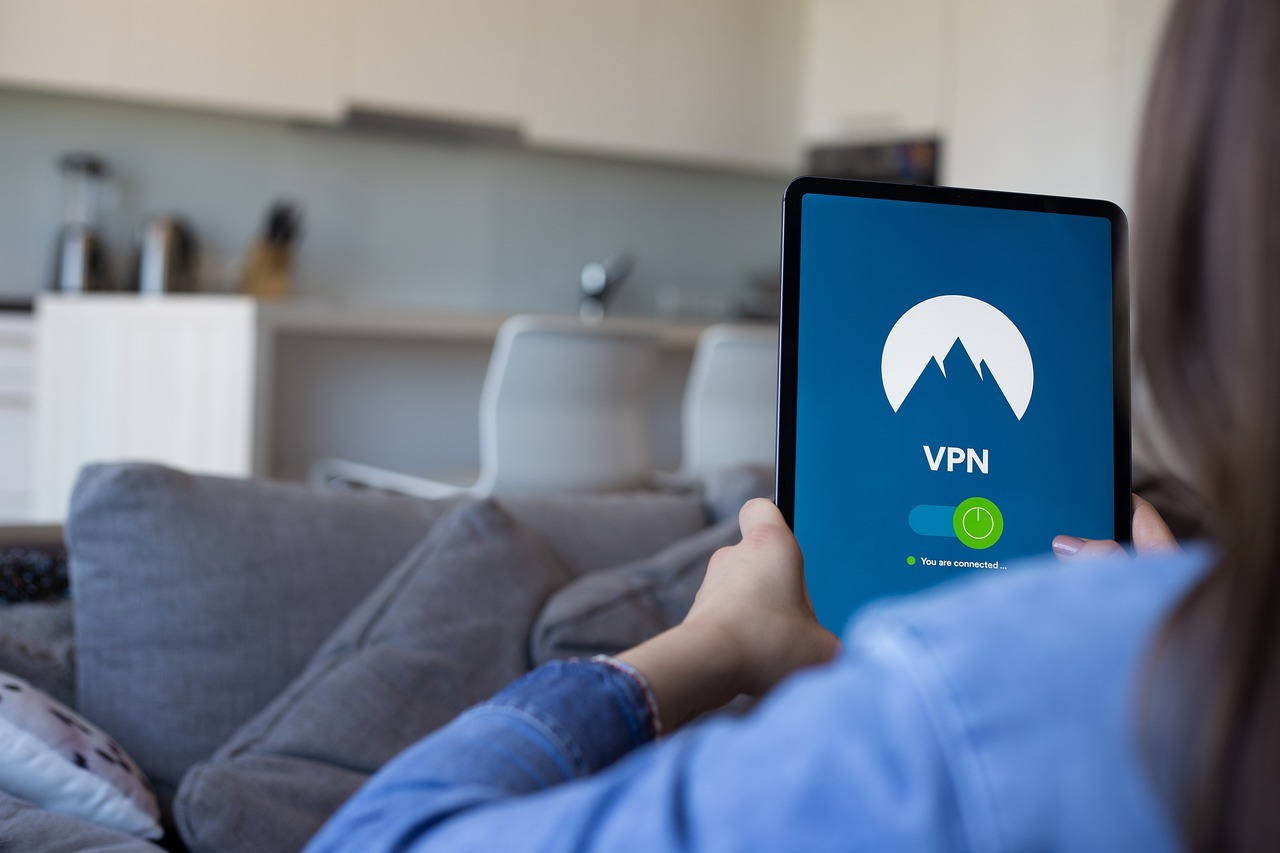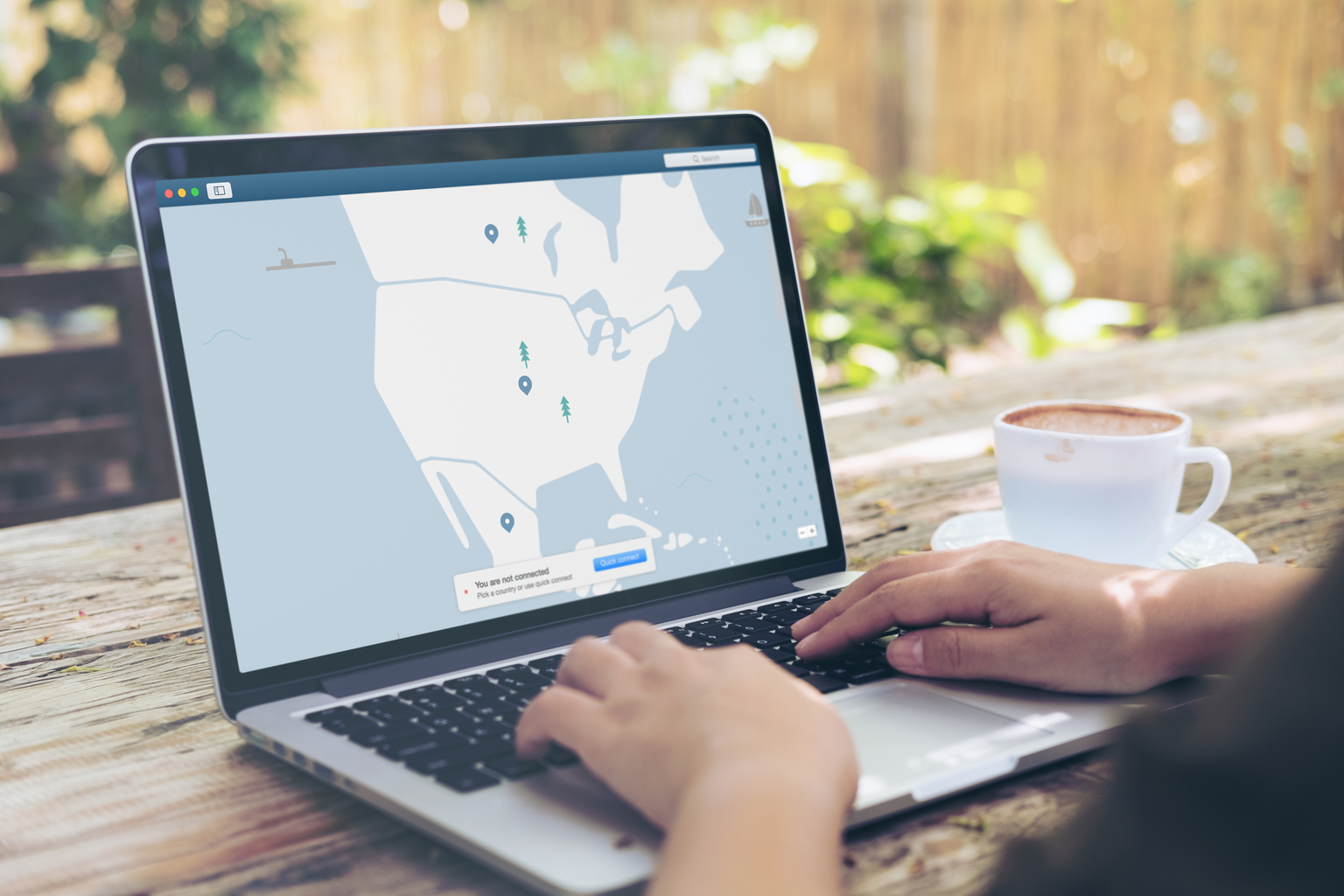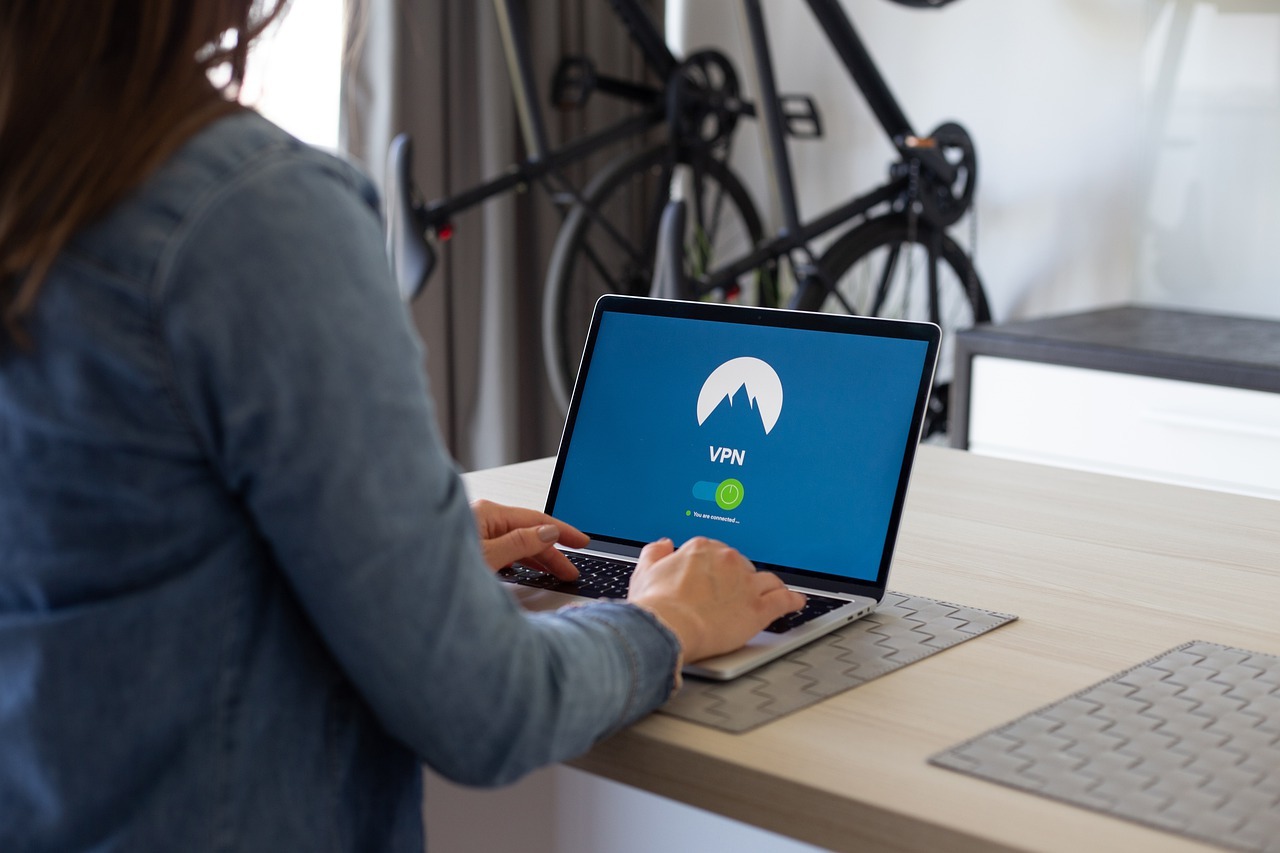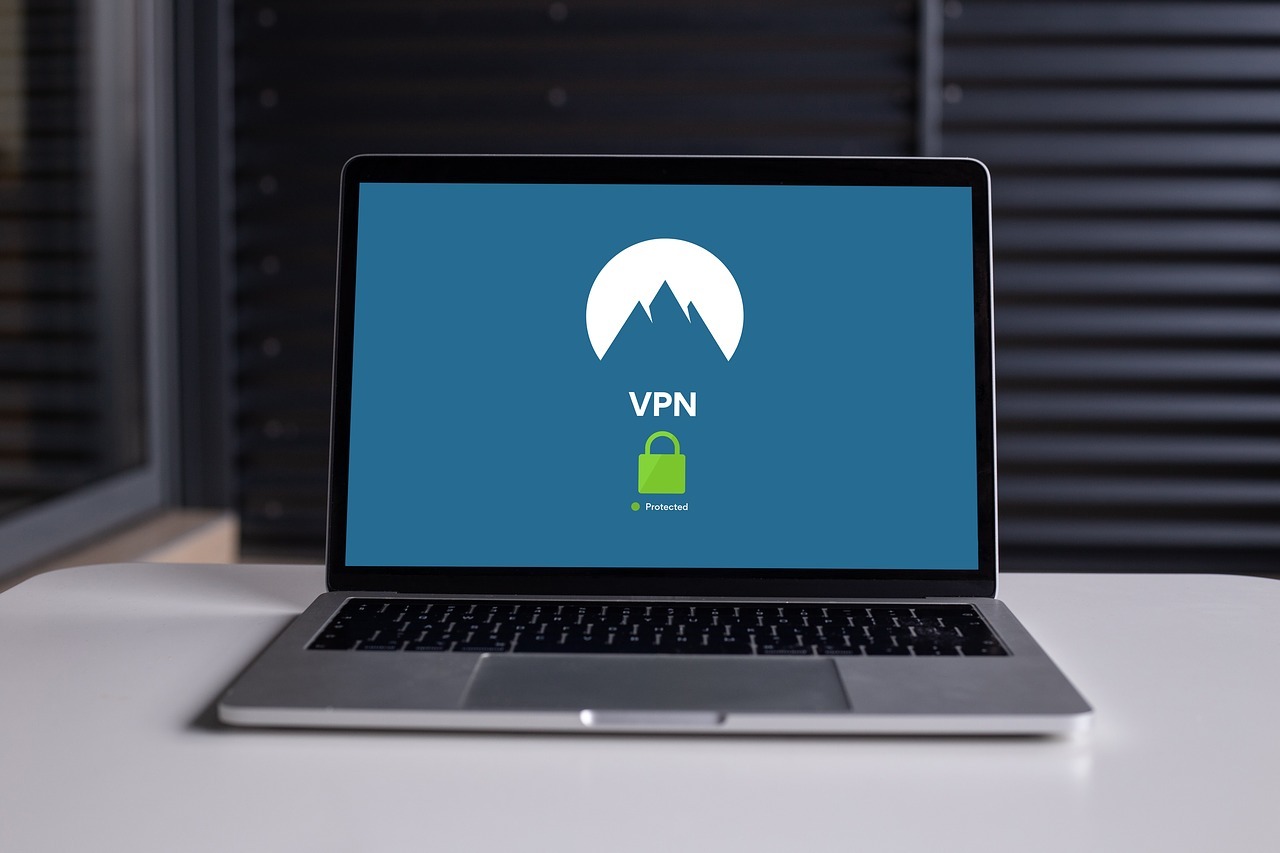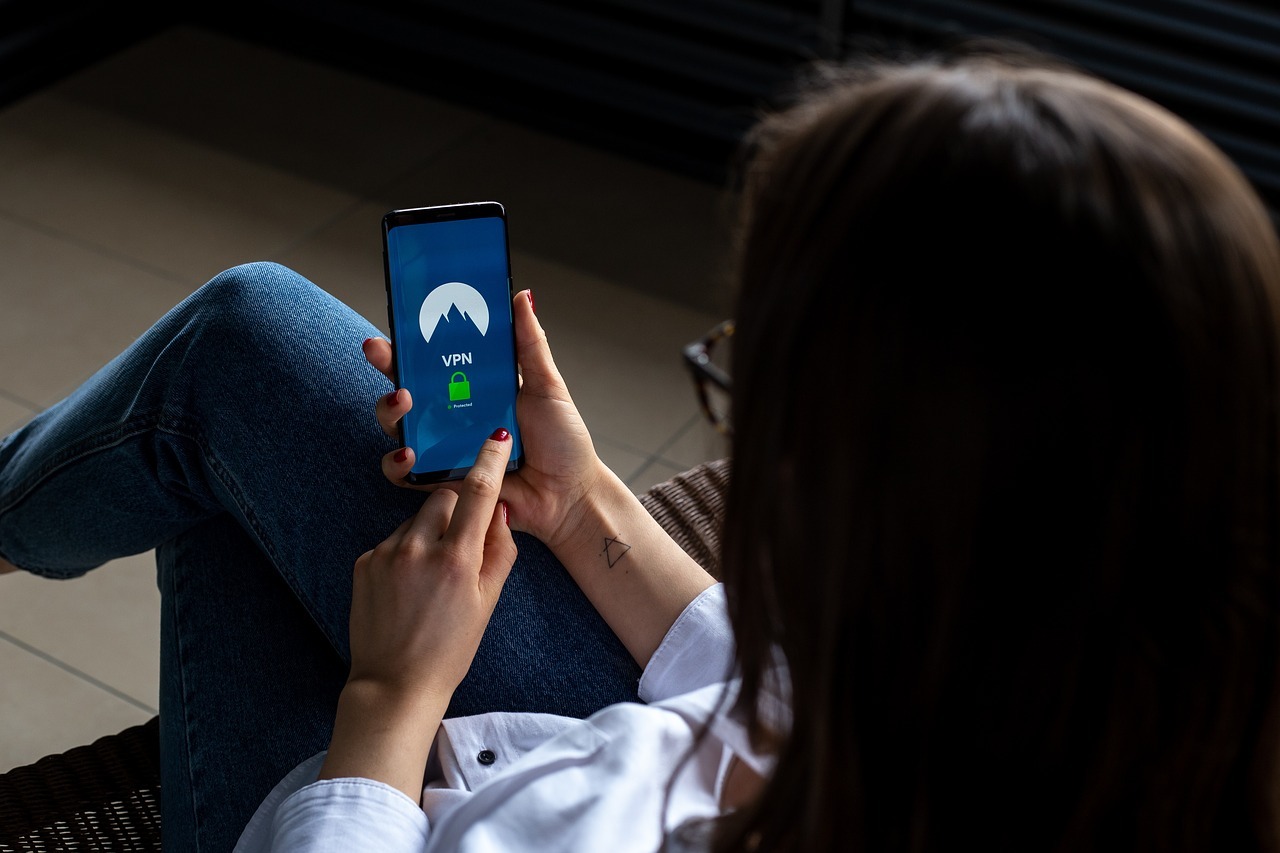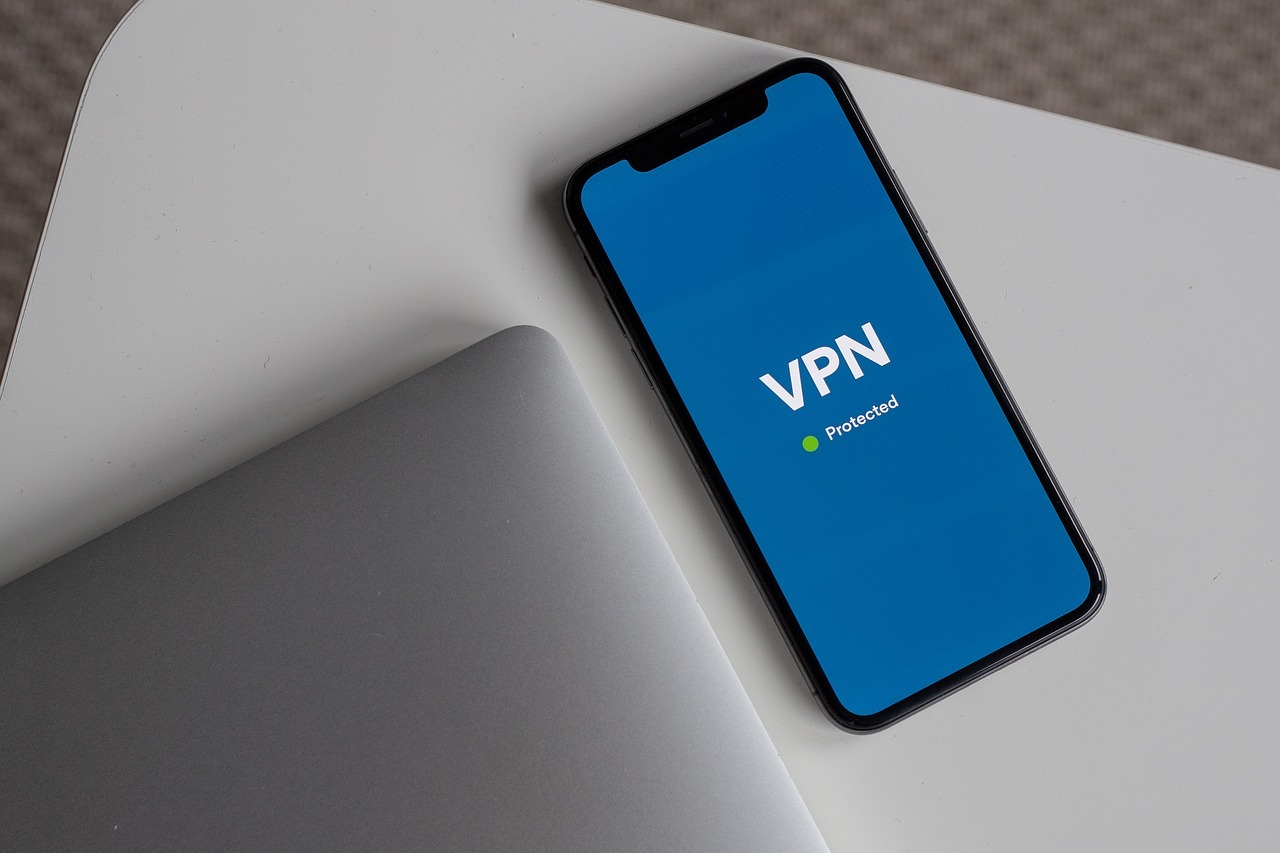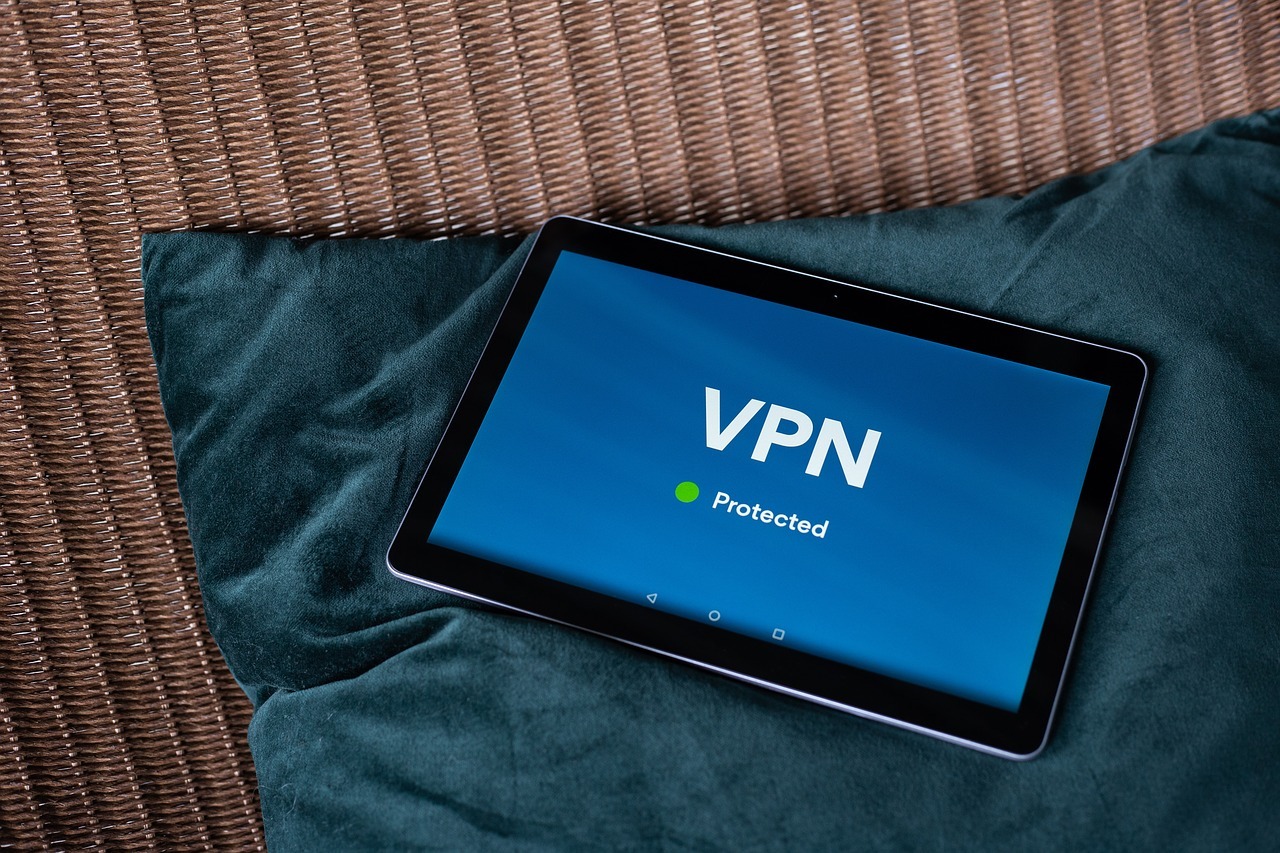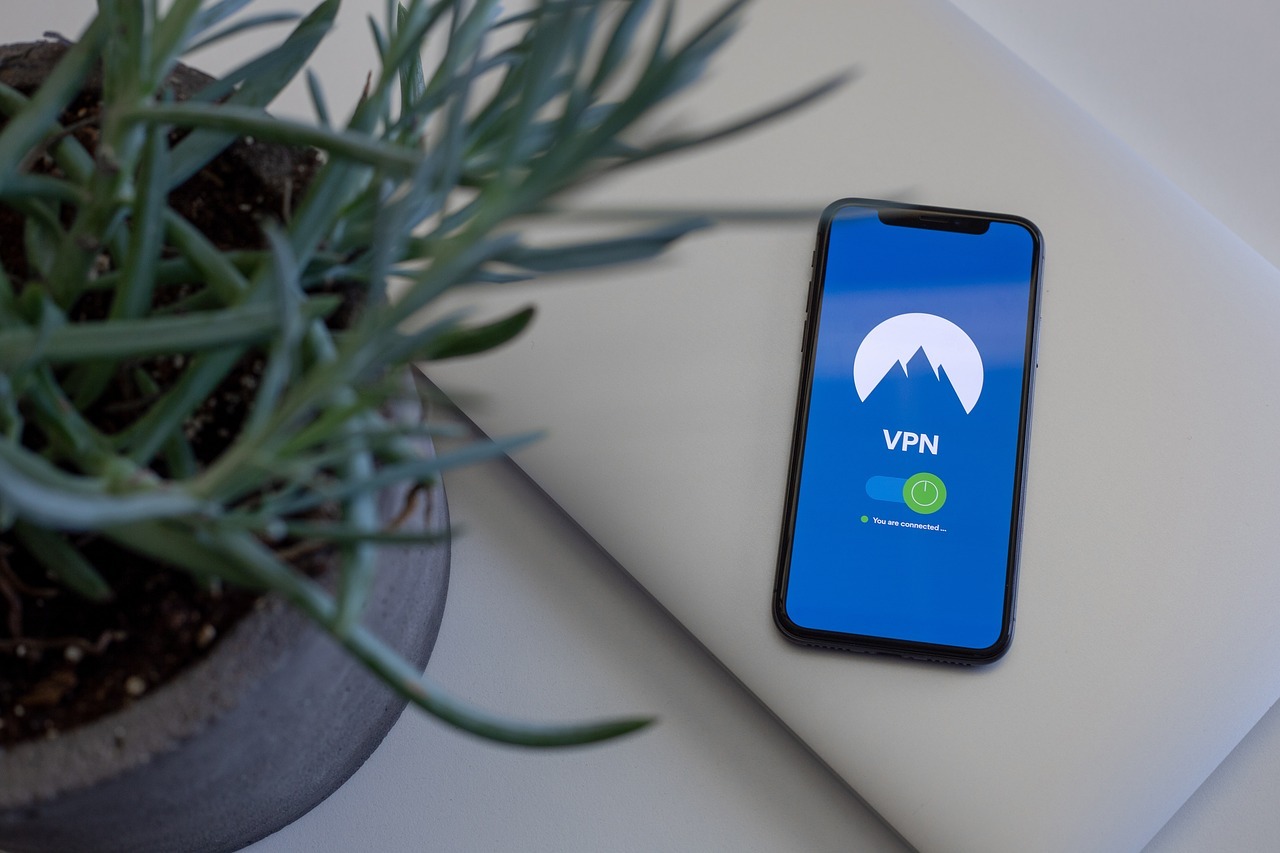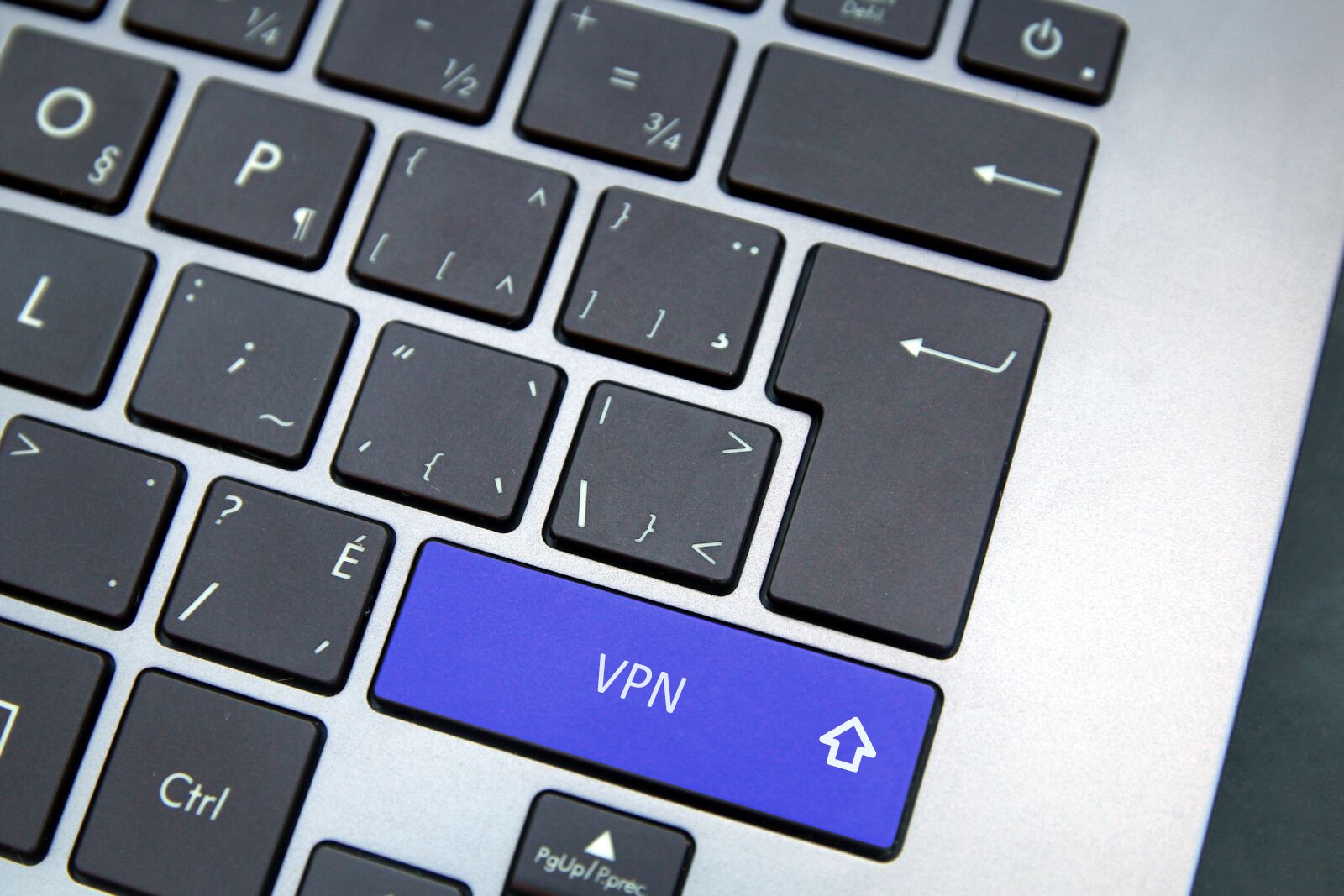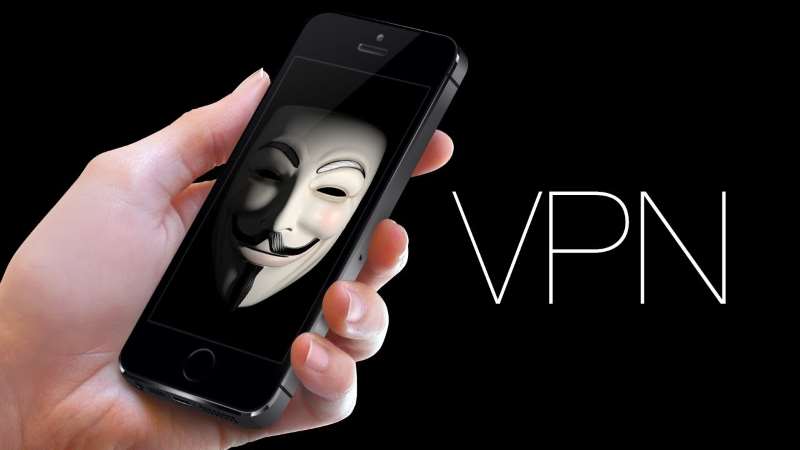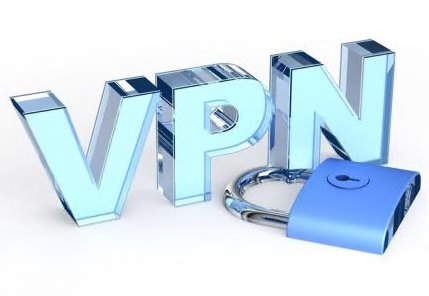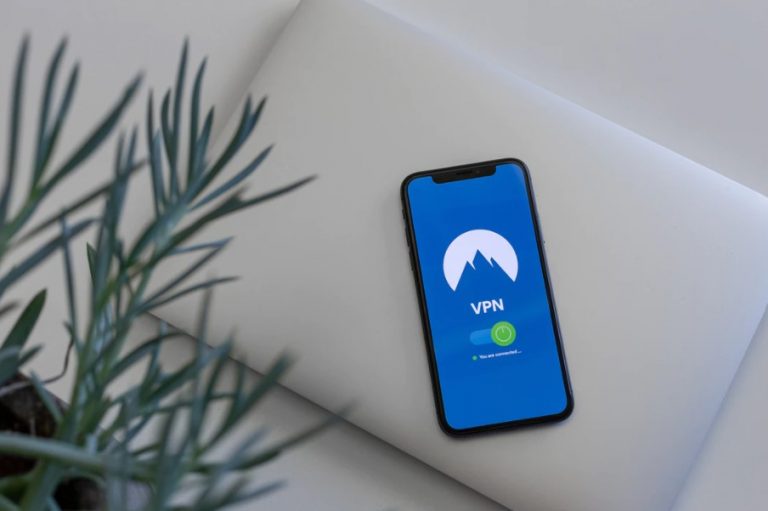OpenVPN Review

The Internet works in complex ways, and while your Internet provider makes sure your connection is secure, it doesn’t have the same security methods as a VPN. Hackers can easily intercept data as it is sent or received and that means you are at risk to have your personal information stolen.
VPNs use a lot more security methods to ensure that your data stays encrypted and can’t be hacked. This OpenVPN review can help you learn why you should consider using a VPN.
What Is A VPN?
Image source: pixabay
A VPN is a Virtual Private Network. It is a group of networks that are connected to each other through a larger network, like the Internet. They are often used by businesses to connect data centers to the information can be shared across the network easily.
Individuals use VPNs as a way to stay safe and secure online. It can block Internet service providers and hackers from seeing what you do online and help protect your privacy. In some cases, VPNs can also be used to help people access certain websites that their government or ISP may block.
Why You Should Use A VPN
Image source: flickr
VPNs are becoming more common and more people are learning the benefits of using them. There are a number of reasons why and how people use VPNs. They are used by individuals and businesses. The most obvious reason is that they help make online activity more secure.
Benefits Of Using a VPN
Image source: pixabay
There are many benefits of using a VPN. Here are a few to consider.
Remote Access
Image source: flickr
When you have a VPN, you can access your network from anywhere. This is great for businesses and individuals. People who travel a lot and work from home or need to access their network for personal reasons can do so from almost anywhere.
Businesses can allow their employees to work from home with ease. They can hire freelancers and remote workers instead of on-site workers, which can be more costly.
Image source: pixabay
Sometimes people are able to track websites and emails back to you by finding your IP address and learning who it belongs to. If your IP address has been banned from a certain website or if you have been blocked from registering for social media or a website, you can use a VPN to disguise your IP address and gain access to these sites.
Better Speeds
When you use a VPN, you get the speed of that network. If your home network isn’t a fast as you would like, a VPN can help improve your speeds. If you are having a hard time streaming videos or playing games because your home network is too slow, a VPN can fix that. A VPN can also help users access remote data at a faster rate.
Anonymity
Image source: pixabay
Some people don’t want their ISP or anyone else knowing what they do online. That doesn’t mean they are involved in illegal activities or anything that isn’t appropriate; it just means they want some privacy.
VPNs prevent others from seeing what you do online and linking it back to you. Your search history, downloads, and any data sent over the network is encrypted, so nobody can see what you are doing online and trace it back to you.
Extra Security
You may feel that your Internet is secure, but there is always a chance that your data could be hacked while it is being sent across the network. VPNs add extra security that prevents hackers from decrypting your information as it is transferred. Your IP provider can only do so much, and if you are worried that you are at risk of being hacked, A VPN can give you some reassurance.
Affordable
Image source: pixabay
VPNs are affordable. There are plenty of services and devices that claim to secure your network, but none work as well or are as affordable as a VPN. VPN services are effective and inexpensive. There is no equipment to buy, you can set it up on your own, and it only costs a few dollars a month.
OpenVPN Review: Features
OpenVPN is a popular VPN for many reasons. It has plenty of convenient and useful features that make it a great option. Here are a few of them.
- Tunnel the IP Subnetwork of your choice.
- Configure the serve to dynamic connections from incoming VPN clients.
- Uses a variety of encryption, authentication, and certification features.
- Choose which cipher, key size, or HMAC digest to use.
- Decide if you want to use static-key based conventional encryption or certificate-based public key encryption.
- Easily control LINK bandwidth utilization.
- Tunnel Public endpoints that are dynamic.
- Use OpenVPN on any router.
- Chose different protocols.
Why Choose OpenVPN?
Image source: pixabay
There are many reasons you should consider choosing OpenVPN for all your VPN needs. This OpenVPN review can make your decision easier.
VPN Framework
Image source: pixabay
The framework of OpenVPN is meant to make it easy for users to custom it for their site. There are various installation packages and different authentication methods. The plugin model interface opens up new possibilities for authentication and gives users the option to choose the method they want to use.
Management Interface
It’s not easy to manage some VPNs, but with OpenVPN, you can easily control everything in one place. You can manage the interface remotely and even develop a GUI or a new application for the VPN.
Security
Image source: flickr
There are many different ways someone can hack or attack your network. Without the proper security features, this could cause some serious problems for you. OpenVPN has an industrial-strength security model that protects against all types of attack.
It uses SSL/TLS to authenticate and ESP protocol for tunnel transport. It also uses numerous other types of encryption and authentication to prevent the attacks.
Portability
Image source: pixabay
OpenVPN is made to be portable. It uses Linux, Solaris, FreeBSD, OpenBSD, Net BSD, Mac, and Windows systems. It is made to be easy to port and instead of being a kernel module, so porting is made easier.
Networks
Image source: flickr
OpenVPN is made to work on reliable networks. It has a great response time and has quick error recovery. It can turn off the OP layer that it is tunneling, and if the IP goes down, the VPN is up and running as soon as it comes back online.
That means if there is an outage, you don’t have to reconfigure anything or wait for exchanges to complete before you can start using the VPN again.
Pros of VPN
There are pros and cons of everything and OpenVPN is no different. Understanding the pros and cons of this service can help you decide if it’s the right VPN option for you.
Open Source Software
OpenVPN is an open source software that allows others to use its source code. This helps make it easy to use on all types of devices and with other types of software.
Set Up Your Own VPN
Image source: flickr
Many people enjoy being able to use OpenVPN to set up their own private network. Instead of using another VPN, they set up their own and can have more control over it. The VPN still operates through OpenVPN, but the person who sets up it up has more control over it.
Multi-Platform Compatible
OpenVPN is designed to work on several different platforms and devices. It works with Windows, MAC, Android, IOS, and Amazon. It can also be used on all major operating systems and can be configured to work with many others.
OpenVPN Cons
Challenging To Use
It can be challenging to set up and use OpenVPN. If you have never used a VPN or had to set one up on yourself, you may struggle with OpenVPN. The website does offer some information and a forum where you can find help, but there is no customer support, and the directions aren’t as clear as most people would prefer.
No Mobile App
Image source: flickr
OpenVPN isn’t available as a mobile app. For people who do a lot of work on their phone or who use their phone in place of computers and tablets, this is a big inconvenience.
Can Only Use On One Device
Image source: flickr
Some VPN services allow you to use the VPN on several devices at a time. OpenVPN only allows you to use it on one device at a time. If there are multiple devices in the home that access the Internet, this can be a problem.
Not A Traditional VPN
People who have used a VPN in the past may be expecting OpenVPN to be the same. OpenVPN is not a traditional VPN. While it does have a lot of the same features and benefits as other VPN, it does operate differently, and it makes take some getting used to before you feel comfortable using it.
No Customer Support
Image source: flickr
The biggest con of using OpenVPN is that there is no customer support. Most other services have email or phone support that is available when you need it. OpenVPN does offer a forum where community members share tips and advice and can help each other out.
Still, most people prefer a traditional type of customer service that they can easily access and that get answers from quickly.
How To Choose The Right VPN
Image source: flickr
When it comes to choosing the right VPN, you may be faced with a lot of options. Here are a few things you should consider when trying to choose the right one.
How You Connect
Image source: flickr
You need to think about the way you plan to connect with your VPN. Do you want to access information through the cloud or do you just need to access and data from a certain point? Some VPNs are designed to allow access to one or the other and others are designed to allow access to both. Consider your needs and choose accordingly.
Privacy
Image source: pixabay
Privacy is the main reason for using a VPN, so you want to make sure that the service you choose makes it a priority. Check the types of encryption that the VPN uses and make sure it’s up to your standards. You want to know that the VPN is doing its job and keeping your information safe as it travels to and from your device.
Cost
Image source: pixabay
There are some VPNs that try to make their services stand out, but aren’t worth the cost. You can find an effective VPN that offers everything you need at an affordable price. You don’t need to pay a lot of money for a good VPN, but you also want to make sure you aren’t wasting money on one that doesn’t offer enough security or anonymity.
Amount of Data
Image source: pixabay
Some VPNs put a cap on the amount of data that can be transferred over the network. If you are going to be using the VPN a lot or need one to stream and download things, you will need to choose one that offers a lot of data. If you only need to use the VPN occasionally, you can get by with one that offers less data or a smaller data package.
Server Speeds
Image source: pixabay
Most VPNs have services speeds that are faster than your regular Internet. Still, it’s a good idea to compare speeds before choosing one. You also need to make sure the speeds are adequate to handle the type of activities you plan to do online.
Communication Security
Image source: pixabay
Some VPNs do not have the best security. Some VPNs use communication protocols that are easy to hack and aren’t the most secure. You want to ensure that you are choosing a VPN that uses open protocols to keep all your online activity is secure, and OpenVPN is the most secure option.
Freedom
Image source: pixabay
You want to be able to use your VPN wherever you go. That means you need to choose one that has a lot of servers that you can access from anywhere. Some VPNs only have servers in certain countries. This is fine for some people, but not for others. Determine what types of servers you need to access and choose a VPN that offers them.
Logs
Image source: pixabay
You want to make sure the VPN you are using doesn’t keep logs. While the VPN may be secure, in the event that it does get hacked or attacked, if there are logs, that information will be available to hackers.
Hackers know what they are doing so if they are able to get into a VPN, they will go directly for the logs to get the information they want. Most VPNs don’t keep logs for this reason, but a few do.
Types of Downloads
Image source: pixabay
Keep in mind that some VPNs do not allow you to access some sites or download torrents. Even if there is no copyright issue involved, some VPNs just don’t allow torrent downloads. The same can be said for certain types of streaming. Check the terms use of the VPN before you pay for it.
User Reviews
If you are trying to decide if OpenVPN is right for you, one of the best things you can do is read the reviews of other users. This will help you decide if the VPN is worth your time and money and if it has the features that you need.
One user said:
“The OpenVPN Server is a great VPN solution for your AWS VPC. We were able to easily connect our Directory in AWS to the OpenVPN Access Server and use the double requirements with Google Authenticator. Supports all major operating systems and is easy to use. The VPN replaced our other PPTP solution. OpenVPN is also rated among the most secure VPN solutions which is why we chose it.”
Another said:
“OpenVPN is an open source protocol that helps you achieve private online access from one network to another completely for no charge, it is a free VPN that works with a variety of devices and operating systems.
I enjoy it a lot because it has better security compared to other services for its impressive option of OpenSSL that has no owners, has an amazing team of developers who are always available to offer support, nd are there for any problem this is because it is free code and are there to improve it each day.”
Final Thoughts
OpenVPN is different from many other VPNs and whether or not that is good or bad is a matter of preference. Some people prefer a traditional VPN that has a familiar interface and is easy to use. This OpenVPN review shows all the benefits and reasons you should consider this service.
OpenVPN may require users to learn how to use it, but it has a lot of benefits that make it worth the hassle. It supports multiple platforms, has some of the best security methods available, and is affordable. It is versatile and uses protocols that make it one of the best VPNs on the market. We give it 3 out of 5 stars.

